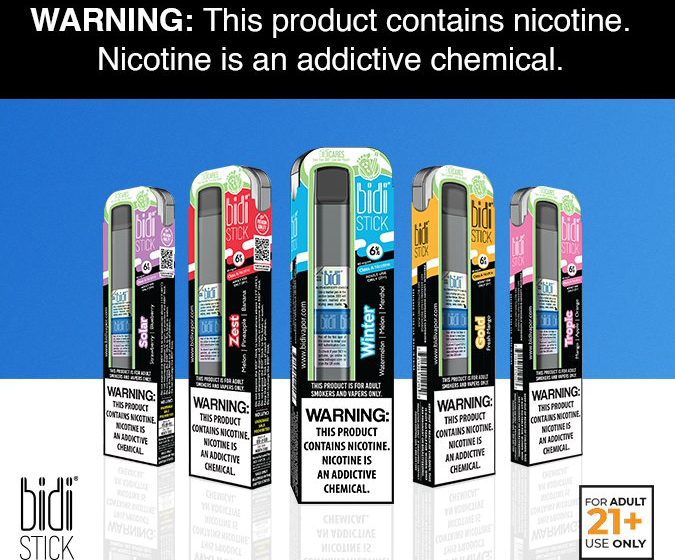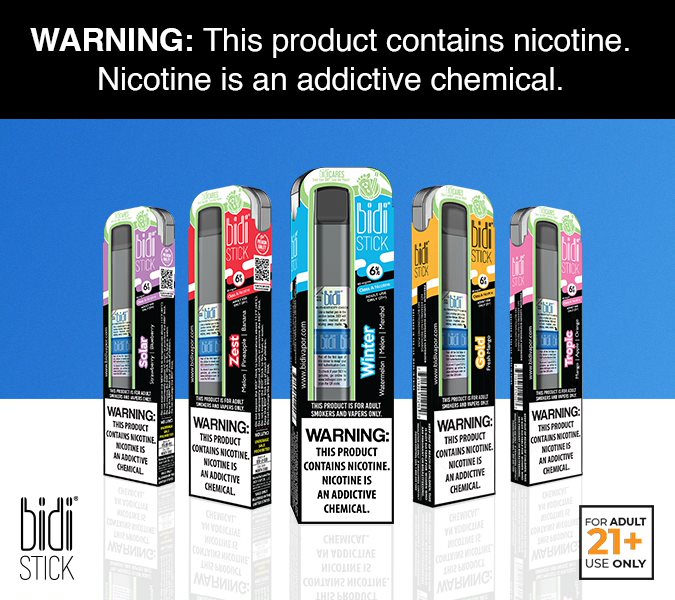
The Chartered Trading Standards Institute (CTSI) has called for stronger actions against noncompliant vape products in the U.K., reports Convenience Store.
Stating that the rise in noncompliant products is “getting out of hand,” the CTSI has asked for “clearer direction from government” and greater resources to fight the noncompliant trade.
The CTSI has also suggested that manufacturers publish batch numbers of noncompliant products and introduce restrictions to stop youth vaping, including prohibiting cartoon characters or light-up vapes, restrictions on packaging colors and the promotion of vapes on social media platforms such as TikTok. The group also suggested looking at where the products are positioned in stores and increasing the sanctions available for those producers, suppliers retailers who don’t comply with the law.
Vaping industry representatives applauded the CTSI’s position. “We share the CTSI’s concern over the growth in illicit and underage vape product sales and fully support their call for more resources,” the U.K. Vaping Industry Association said in a statement.
“We also agree wholeheartedly that restrictions need to be explored to address youth vaping without impacting on adult smokers who wish to switch to vaping in order to quit their habits.
“That’s why we are leading the way in forming a Youth Access Prevention Taskforce to develop detailed proposals to deal with the situation, and these include on-the-spot fines of up to £10,000 ($12,176.32) per instance for retailers who are found to be selling to minors and for selling illicit products; a national registration scheme for all retailers, meaning only those outlets that meet qualifying criteria can legally sell vapes; and a national test purchasing scheme that will ensure constant monitoring of retailers’ selling vapes to ensure that they are not turning a blind eye to purchases involving minors.
“Critical to the success of our proposals will be a ramping up of enforcement, and this requires major funding in resources on the ground.
“By Trading Standards’ own admission, resources are sadly lacking, and the government needs to step in and look at this situation as a matter of urgency. Our proposals are designed to support this funding need as monies will be raised from the fines and registration scheme.
“We will be presenting our proposals to government and parliamentarians at the end of March.”



















